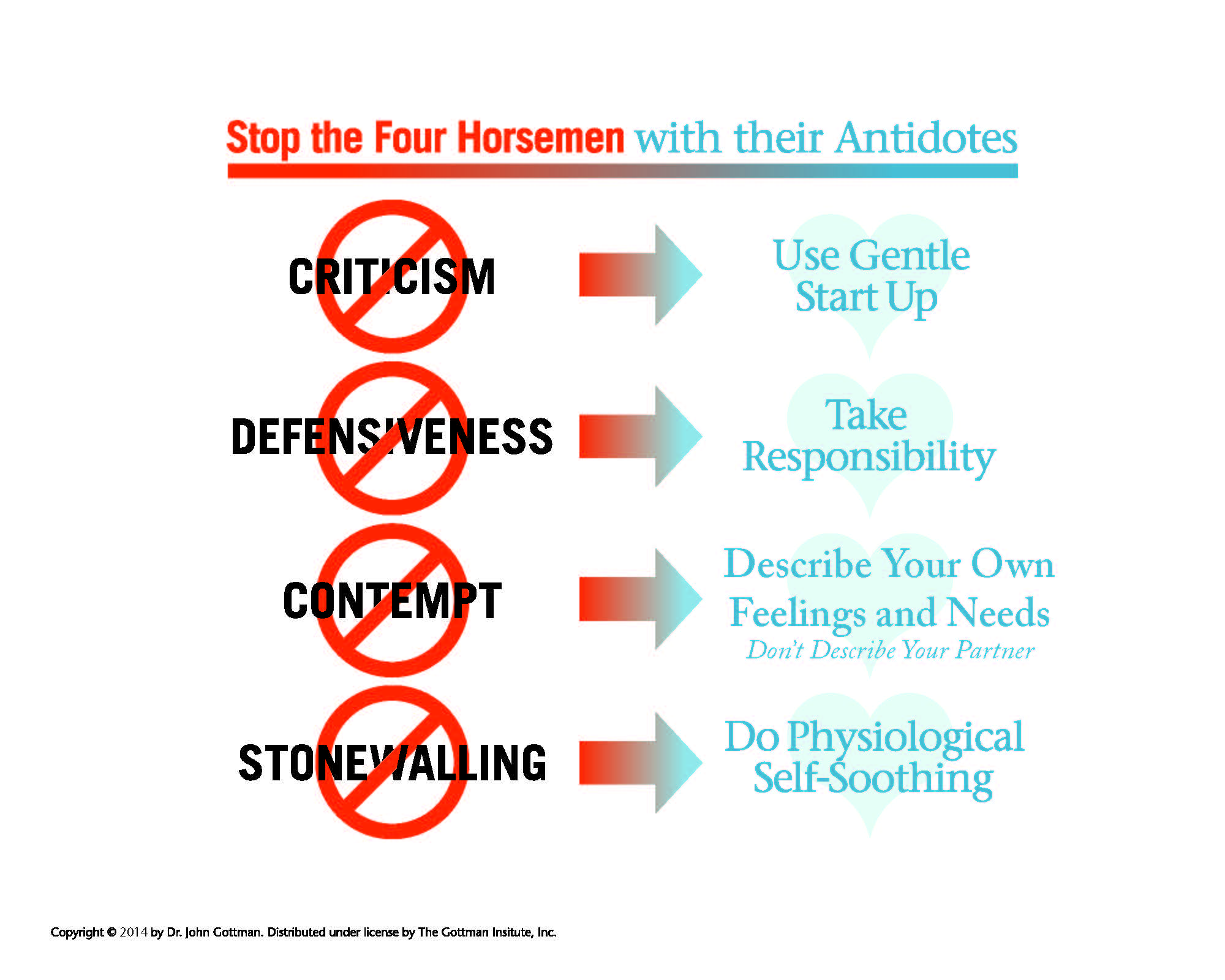Complete fidelity is more than abstaining from any sexual relationship outside of marriage. Often times the path to infidelity begins when an emotional connection is made with someone other than your spouse. The adversary is a master at deception. He can make a flirtation, fantasy about someone other than a spouse, the use of pornography, or simple lunch “dates” with the opposite sex look as if they are harmless. He portrays these things as attractive, simple, and plants the thought in a person’s mind that they are still being faithful to their spouse even if they participate in these examples. These actions are not classified as being faithful in a marriage; they are classified as emotional infidelity. This type of infidelity can “weaken the trust between a couple and shatter peace of mind (Matheson 2009).” Any emotional feelings or thoughts about another person other than a spouse is not okay. The process doesn’t happen quickly. It usually spans over a space of time as the parties become more and more attached to each other. They begin to notice traits in their “friend” that their spouse doesn’t posse and because the relationship is classified as a friendship they don’t believe they are doing any harm.
We must guard ourselves from thinking that having a friendship with someone of the opposite is okay, or that fantasizing about someone else is acceptable because we are not acting upon anything. Dr. Goddard uses the example of Joseph and Potiphar’s wife as a model of how we should react when temptations with the opposite sex arise. Potiphar’s wife seduced Joseph. She didn’t only try this one time, but rather she tried on several different occasions. The situation reached a head when Joseph went to the house and unknowingly found that no one else was there except Potiphar’s wife. She grabbed onto his garment and asked him to lie with her. Not only did Joseph reject her advances, he also fled the situation immediately. (Gen . 39:7-12). Potiphar’s wife had developed an emotional connection to Joseph. She had set her sights on him, and was willing to do whatever it took to have him, however Joseph was valiant and fervent in his will to the Lord. He never stepped into the traps or snares that were set for him. We are counseled to be this same way in our relationships.
The Lord has commanded us to give our full heart to our spouse (see D&C 42:22). This command does not leave any gray area or room for sharing. Goddard said “When the Lord says all they heart, it allows for no sharing nor dividing nor depriving… The word none else eliminates everyone and everything. The spouse then becomes preeminent in the life of the husband or wife, and neither social life nor occupational life nor political life nor any other interest nor person nor thing shall ever take precedence over the companion spouse .” We cannot be willing to share our hearts, thoughts, or time with a member of the opposite sex. This opens us up to temptation and also takes away from the relationship with our spouse. President Benson shared his thoughts on what giving your whole heart to your spouse means. “What does it mean to love someone with all your heart? It means to love with all your emotional feelings and with all your devotion.”
If you have found yourself on the path of emotional infidelity, turn around. Forsake the actions, end the relationship and seek out your bishop’s help to begin the steps of repentance. Look to the Savior for help. He has the power to heal, and can assist you in breaking the addiction. Kenneth Matheson, a professor at BYU in Social Work gave this advice for those that are in search of a different way “The Savior’s Atonement not only has the power to cleanse us, but also to change and purify our hearts (see Mosiah 4:2; 5:2). As we seek heaven’s help, we can regain and maintain spiritual fidelity. God can give people the power to confess, connect, and change.” I know that there are blessings provided to us as we seek out the Savior. He can make the impossible, possible, can soften hearts, and provide forgiveness when we have done wrong.



